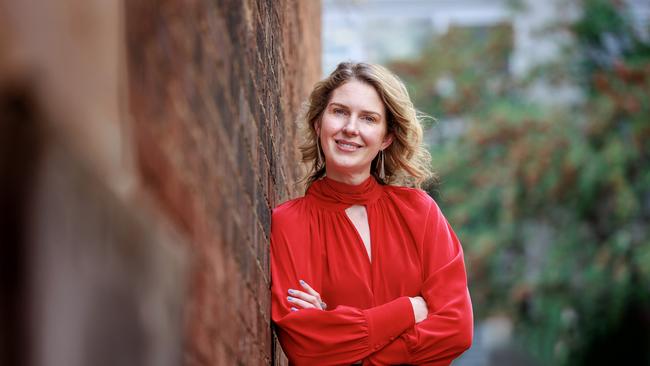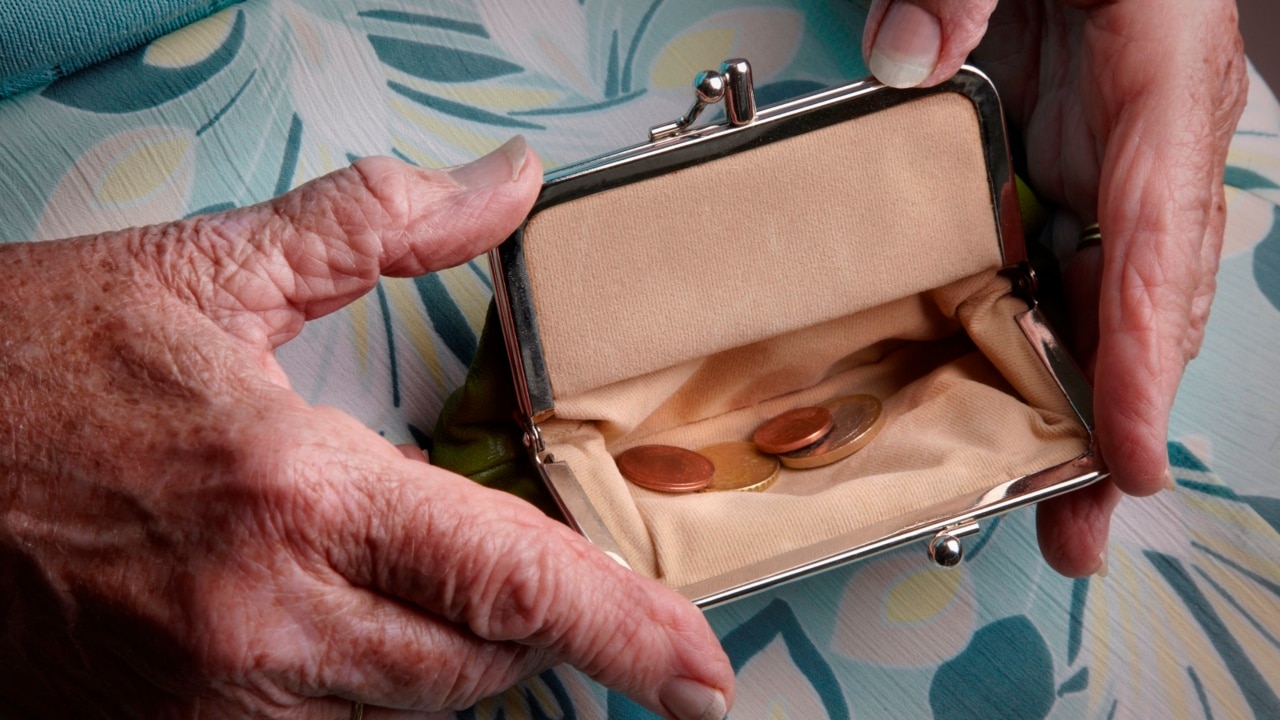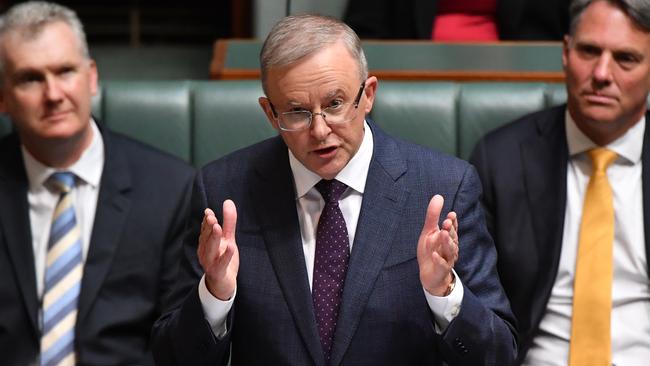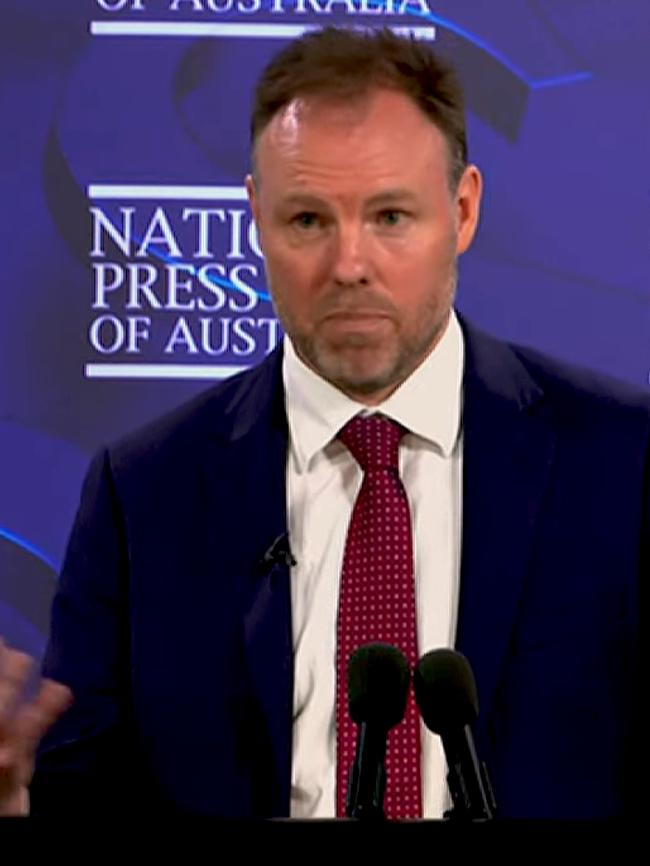
The newly appointed chairwoman of the Productivity Commission, Danielle Wood, is very keen on taxation, especially new taxes. Indeed, the staff at the Grattan Institute, which she now leaves, have rarely seen a tax they don’t love or wish to increase.
Higher GST? Tick. Greater GST coverage? Tick. Higher taxation on older people? Tick. Higher taxation on superannuation? Tick. Property taxes on owner occupiers? Tick. Limits on negative gearing? Tick. Lower discount on capital gains tax? Tick. Carbon taxes? Tick. Inheritance tax? Tick.
On the face of it, Wood’s strongly held views on taxation policy could prove an embarrassment for the Albanese government. Indeed, just before her appointment being announced, she delivered a lecture in Tasmania where she endorsed the option of introducing an inheritance tax as well as including the value of the family home in the Age Pension assets test.

“While so-called ‘death taxes’, but more correctly ‘intergenerational transfer taxes’, are political dynamite, the windfall wealth gains of older generations and structural budget pressures mean we should at least have a sensible conversation about the possibility of taxing large inheritances,” she said.
She added: “At minimum, we should not be subsidising inheritances via some of the existing rules that allow the accumulated value of superannuation tax breaks to be inherited by the next generation, as well as the exclusion of virtually all the value of the family home from the Age Pension assets test.”
While strenuously denying the suggestion that the Albanese government plans to introduce an inheritance tax, senator Deborah O’Neill made the weak point that Wood’s speech came before the announcement of her appointment as chairwoman of the Productivity Commission. The fact is that Wood’s views on this matter have been well-known for a very long time.
But OK, let’s have an open mind about inheritance taxes, at least until you have read to the end of this column. We can all agree they are political dynamite, but are there sound economic reasons for considering such taxes? What does the international evidence tell us?

It’s always worthwhile returning to the basic facts before discussing policy options. Indeed, Wood refers to the previous work of the Productivity Commission on intergenerational wealth transfers but misses the main point. In her speech, she states “the Productivity Commission projects that among current retirees, just 10 per cent of all inheritances will account for as much as half the value of bequests.”
She quotes Thomas Picketty who likens this to a Jane Austen world “where inequality is exacerbated by ever-growing inheritances”. In fact, the Productivity Commission report shows the reverse. A key conclusion is wealth transfers actually improve wealth inequality. “When measured against the wealth they already own, those with less wealth get a much bigger boost from inheritances on average, about 50 times larger for the poorer 20 per cent than the wealthiest 20 per cent,” the report read.
On a dollar-for-dollar basis, wealthier people receive more inheritances and gifts but “less as a percentage of their existing wealth”, an effect the Productivity Commission expects to persist into the future. “Children tend to enjoy a similar relative wealth position to that of their parents, but inheritances are not the main driver of this.” These findings match international research. But just like bank robber Willie Sutton, it’s not surprising those seeking more tax revenue would eye off intergenerational transfers given the sums of money involved in annual bequests are substantial – currently close to $200bn annually.
In fact, Australia used to have a number of death duties levied by both federal and state governments. Currently there is a 17 per cent tax levied on any superannuation balance held by a deceased person not given to dependants. Capital gains tax is also payable by beneficiaries on inherited assets apart from the family home.
If we look across the world, many countries have inheritance taxes but many don’t. Interestingly, nine OECD countries have abolished them since the early 1970s. The Nordic countries don’t have them. In the US, the exemption levels are extremely high – assets of up to $11m given to children attract no tax, for example.

But the main take-out point of the international experience is how little revenue is generated from inheritance taxes – a mere 0.5 per cent of all tax revenue on average of those OECD countries with such taxes. It’s a lot of trouble to go to for such a little return. In Australia’s case, we would be lucky to drag in around $3bn a year.
Note also that the compliance costs of inheritance taxes are extremely large, including the required addition of gift taxes. Only annual wealth taxes have higher compliance costs. In those countries that have inheritance taxes, there is a thriving estate planning industry that is essentially productivity-sapping.
Let’s be clear on another point: the very wealthy don’t pay inheritance taxes. They have trusts, companies, overseas assets – complicated arrangements that mean that death doesn’t trigger a tax event. It’s only the middle classes that get caught in the inheritance tax net, which has been the recent experience in Britain.
One of the problems of Wood’s endorsement of an inheritance tax, as well as a number of other taxes/penalties to be imposed on older folk, is they essentially involve double taxation. In the case of superannuation, it would be triple taxation – at the point of contribution, earnings and pension.
People have accumulated assets using post-tax incomes or, if they have used negative gearing, are liable for capital gains tax on any realisation of assets. The presence of an inheritance tax and all the attached regulations carry the risk of deterring investment and capital accumulation, which would have wider negative economic effects.

That older people are wealthier than their children and grandchildren has always been thus. It potentially becomes an economic issue with a (slowly) ageing society. But it’s not helpful to set up a narrative about intergenerational conflict, as is Wood’s wont, in part because the older generation continues to help out, both financially and non-financially, younger generations.
As Wood takes up her role, she must bear in mind that she is heading up the Productivity Commission. It’s not about taxes which, to varying degrees, are productivity-sapping. The work of the Productivity Commission about productivity gains that could be made in the large non-market, government-funded services sector is important in this respect. If these gains could be achieved, then the need to raise taxes would be commensurately reduced.
As Paul Krugman opined, “productivity isn’t everything, but in the long run it is almost everything”. Wood may care to have this famous quote framed to hang in her new office.







